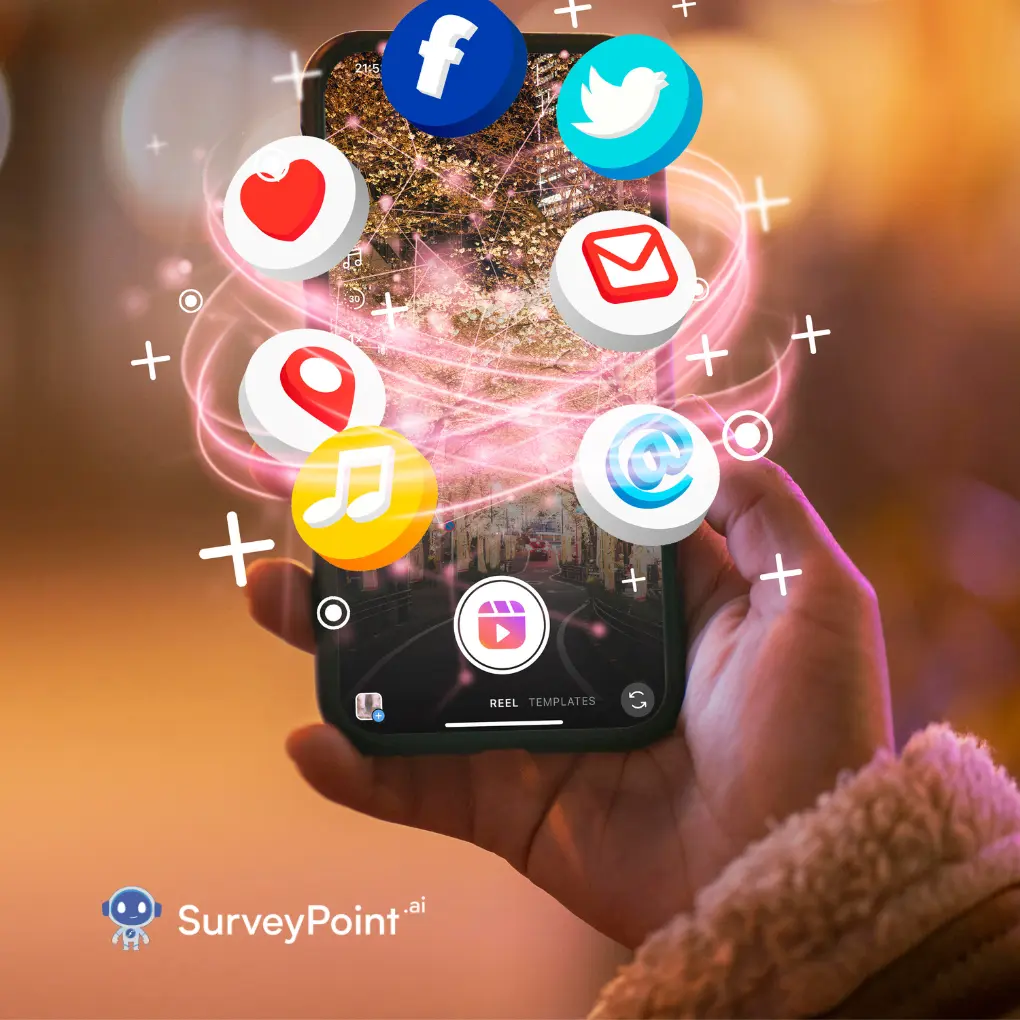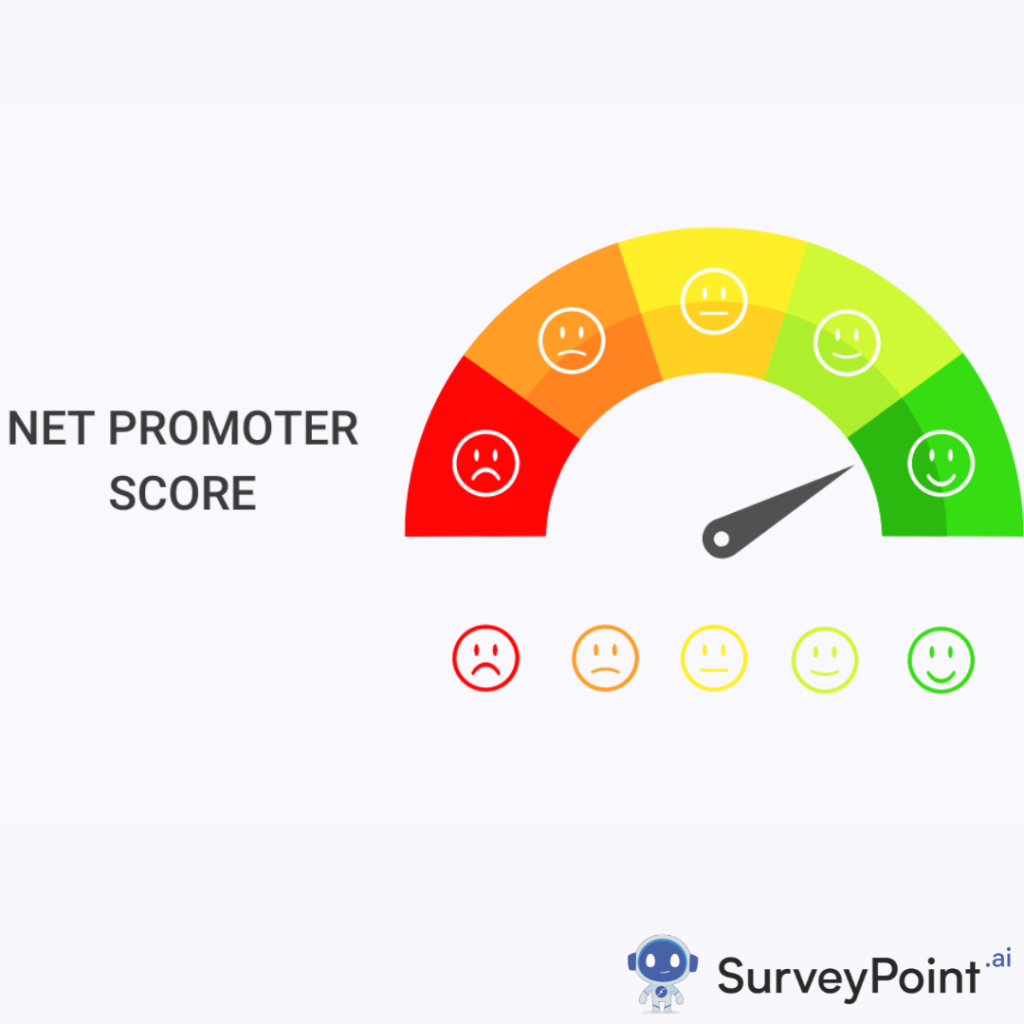
Social Media Marketing (SMM) has become an indispensable tool for businesses in the digital age. With billions of users worldwide, platforms like Facebook, Instagram, Twitter, and LinkedIn offer unparalleled opportunities for brand exposure, engagement, and growth. In this blog, we will delve into the essence of Social Media Marketing, exploring its definition, mechanisms, and the inherent advantages and disadvantages that come with it.
What is Social Media Marketing (SMM)?
Social Media Marketing refers to the strategic use of social media platforms to connect with the target audience, build brand awareness, and promote products or services. Unlike traditional marketing, SMM relies on digital channels to reach a global audience, fostering direct communication between brands and consumers.
Social Media Marketing (SMM) is a digital marketing strategy that involves the use of social media platforms to promote and market products or services. The primary goal of Social Media Marketing is to connect with the target audience, build brand awareness, drive website traffic, and ultimately, achieve business objectives. SMM utilizes various social media channels such as Facebook, Instagram, Twitter, LinkedIn, Pinterest, and others to reach and engage a wide audience.
Key components and activities involved in Social Media Marketing include:
- Profile Setup: Creating and optimizing profiles on social media platforms with compelling visuals, accurate business information, and a consistent brand voice.
- Content Creation: Developing engaging and shareable content, including text, images, videos, and other formats tailored to the characteristics of each platform.
- Audience Targeting: Utilizing the targeting features provided by social media platforms to ensure that content is shown to the most relevant audience based on demographics, interests, and behaviors.
- Paid Advertising: Running paid social media advertising campaigns to increase reach, promote products or services, and drive conversions. This often includes sponsored posts, display ads, and other paid promotional formats.
- Community Engagement: Actively engaging with the audience through comments, likes, shares, and direct messages. Building a community around the brand and fostering customer loyalty.
- Analytics and Optimization: Monitoring and analyzing the performance of social media campaigns using analytics tools. Adjusting strategies based on insights to improve results.
- Influencer Collaboration: Partnering with social media influencers or thought leaders to leverage their audience and credibility for brand promotion.
Social Media Marketing is a dynamic field, and its effectiveness relies on staying updated with trends, understanding the target audience, and adapting strategies to the ever-changing landscape of social media platforms.
How Social Media Marketing (SMM) Works
- Building a Presence: The first step in Social Media Marketing is establishing a presence on popular platforms. Brands create profiles with compelling visuals and engaging content that reflect their identity.
- Content Strategy: SMM hinges on content creation. Brands must develop a content strategy that aligns with their goals, utilizing various formats such as text, images, videos, and infographics to captivate the audience.
- Audience Targeting: Social media platforms offer sophisticated targeting options. Advertisers can tailor their campaigns based on demographics, interests, and behaviors, ensuring their content reaches the most relevant audience.
- Engagement and Interaction: The key to successful SMM lies in engagement. Brands actively interact with their audience through comments, likes, and shares. This two-way communication fosters a sense of community and loyalty.
- Analytics and Optimization: Social media analytics provide insights into the performance of campaigns. Brands analyze metrics such as reach, engagement, and conversion rates to refine their strategies and optimize future efforts.
Pros of Social Media Marketing
- Global Reach: SMM enables brands to reach a vast, global audience, breaking down geographical barriers and expanding market reach.
- Cost-Effective: Compared to traditional marketing channels, SMM is often more cost-effective, especially for small businesses with limited budgets.
- Targeted Advertising: Precise audience targeting ensures that content reaches individuals most likely to be interested in a brand’s products or services.
- Real-Time Interaction: Social media platforms facilitate real-time interaction, allowing brands to respond promptly to customer inquiries and feedback.
- Brand Awareness and Authority: Consistent SMM efforts contribute to increased brand awareness and authority, positioning a brand as an industry leader.
Cons of Social Media Marketing
- Time-Consuming: Managing multiple social media accounts and creating engaging content can be time-consuming, requiring dedicated resources.
- Negative Feedback: Social media exposes brands to public scrutiny. Negative comments and reviews can harm a brand’s reputation if not handled appropriately.
- Algorithm Changes: Platforms frequently update algorithms, impacting the organic reach of content. Brands may need to adapt strategies to maintain visibility.
- Saturation and Competition: The sheer volume of content on social media can lead to saturation. Breaking through the noise and standing out becomes a challenge, especially in competitive industries.
- Dependency on Platforms: SMM success is tied to the popularity and policies of social media platforms. Changes in algorithms or platform shutdowns can adversely affect marketing efforts.
Why Is Social Media Marketing (SMM) So Powerful?
- Massive User Base: Platforms like Facebook and Instagram boast billions of active users, providing an extensive pool of potential customers.
- Targeted Advertising: The ability to target specific demographics ensures that marketing efforts are directed towards individuals likely to be interested in a brand’s offerings.
- Influencer Collaboration: Social media influencers wield significant influence. Collaborating with influencers can amplify a brand’s reach and credibility.
- Real-Time Analytics: The availability of real-time analytics empowers brands to track and measure the success of their campaigns, enabling prompt adjustments for optimal results.
- Community Building: Social media facilitates the creation of online communities around brands, fostering a sense of belonging and loyalty among customers.
Conclusion
In conclusion, Social Media Marketing is a dynamic and potent tool for businesses seeking to thrive in the digital landscape. Its ability to connect with a global audience, coupled with targeted advertising and real-time engagement, makes it an indispensable component of modern marketing strategies. However, brands must navigate the challenges posed by algorithm changes, negative feedback, and the competitive social media landscape. By understanding the mechanics and weighing the pros and cons, businesses can harness the power of SMM to elevate their brand and achieve sustainable growth in the ever-evolving digital era.




